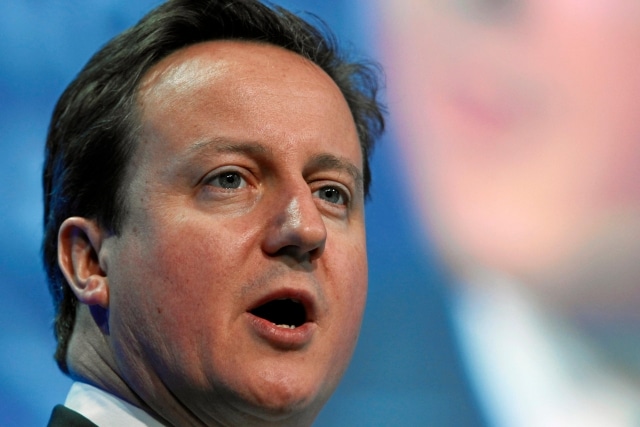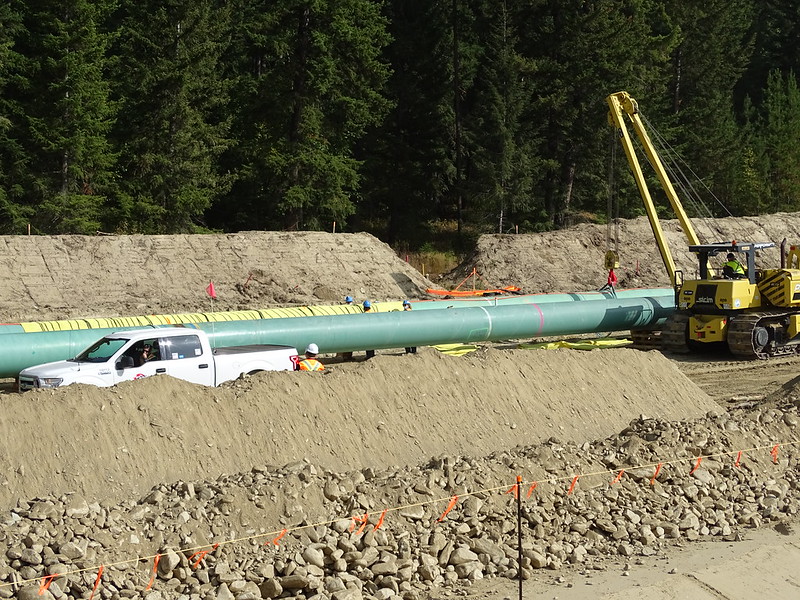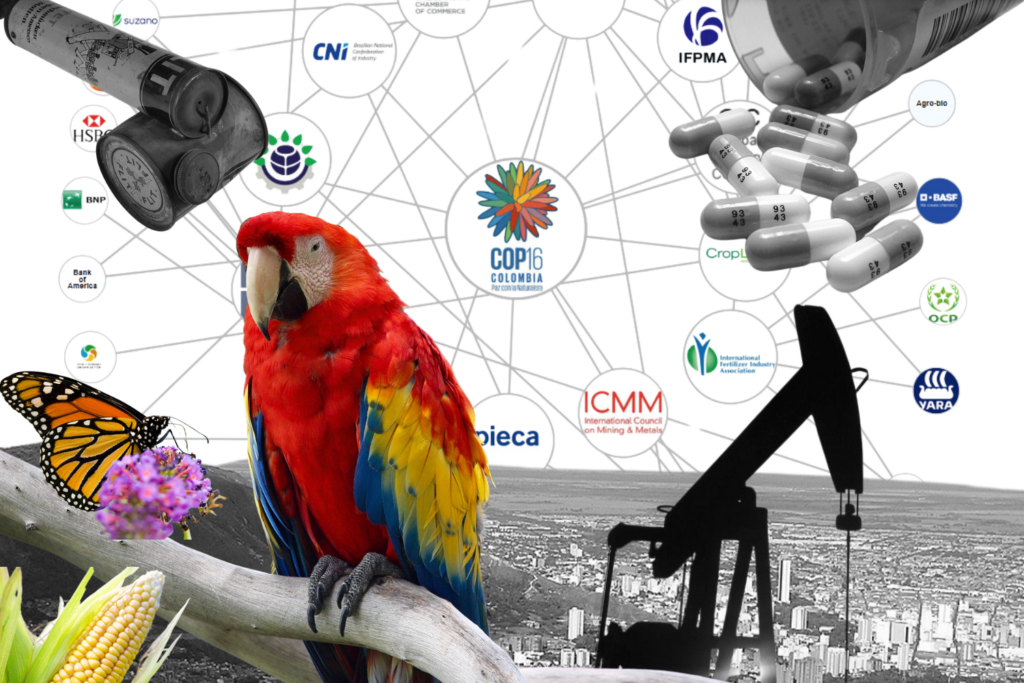David Cameron was accused of a cover-up last night after he ducked questions in Parliament during the week about the heavy-handed redaction of a government report into the risks of fracking.
Labour Party has increased pressure on the government to publish an unredacted version of the controversial report on the impacts of fracking on house prices and local services ahead of an approaching vote by MPs on the Infrastructure Bill.
Labour MPs Alan Whitehead and Tom Greatrex have stated that a vote on fracking cannot be carried out until the Department for Environment, Food and Rural Affairs’ (Defra) report has been fully published.
Whitehead stated: “It’s impossible for the committee to properly discuss the issues before us without the report being available in its full form.
“Large sections of the report, dealing precisely with the issue of the cumulative effect of fracking, have been redacted.”
The Shale Gas: Rural Economy Impacts report—which was redacted 63 times within 13 pages and obtained by information law charity Request Initiative—showed direct connections between fracking and falling house prices.
Green MP and former party leader Caroline Lucas said: “It appears that the government has a great deal to hide with regards to the risks of fracking for local communities.
“The number of redactions would be almost comical if it weren’t so concerning. What are the economic, social and environmental impacts and effects upon housing and local services, agriculture and tourism that the government is so keen to withhold from us?”
Prime Minister David Cameron has previously avoided questions on the report and this week during Prime Minister’s Questions he dodged questions from Whitehead about when the report will be released.
Infrastructure Bill
Labour have also withdrawn proposed amendments to the Infrastructure Bill that would greatly increase regulation until the report has been fully disclosed.
The bill currently contains measures that will prioritise the expansion of the shale gas industry in the UK, including amendments made by Liberal Democrat peer Baroness Kramer that will allow fracking companies to drill underneath people’s homes without permission.
The bill also has amendments that prioritise the UK’s pursuit of fracking as a matter of energy security. While attending the Environmental Audit Committee to give evidence regarding regulations on fracking, Lord Chris Smith, the chairman of the controversial and industry-funded Task Force on Shale Gas, referred to the amendment as a “potentially dangerous addition”.
The release of the heavily redacted report has created concern among environmental groups worried that the hidden information could contain truly worrying consequences for fracking.
Whitehead has urged the government to clear the cloud around the report and end any notion of a cover-up, stating: “It is imperative that the report is published in full in order for a proper debate to take place and to dispel the enormous cloud of suspicion that will hang over any further attempts to keep parts of it secret.”
The government has yet to confirm if the report will be fully released. A spokesperson stated that no “iron-clad commitment” had been made.
Lucas is leading amendments to the bill to ban fracking in the UK for a governmental pursuit of renewable energies instead, it has been announced.
Photo: Wikimedia Commons
Subscribe to our newsletter
Stay up to date with DeSmog news and alerts







